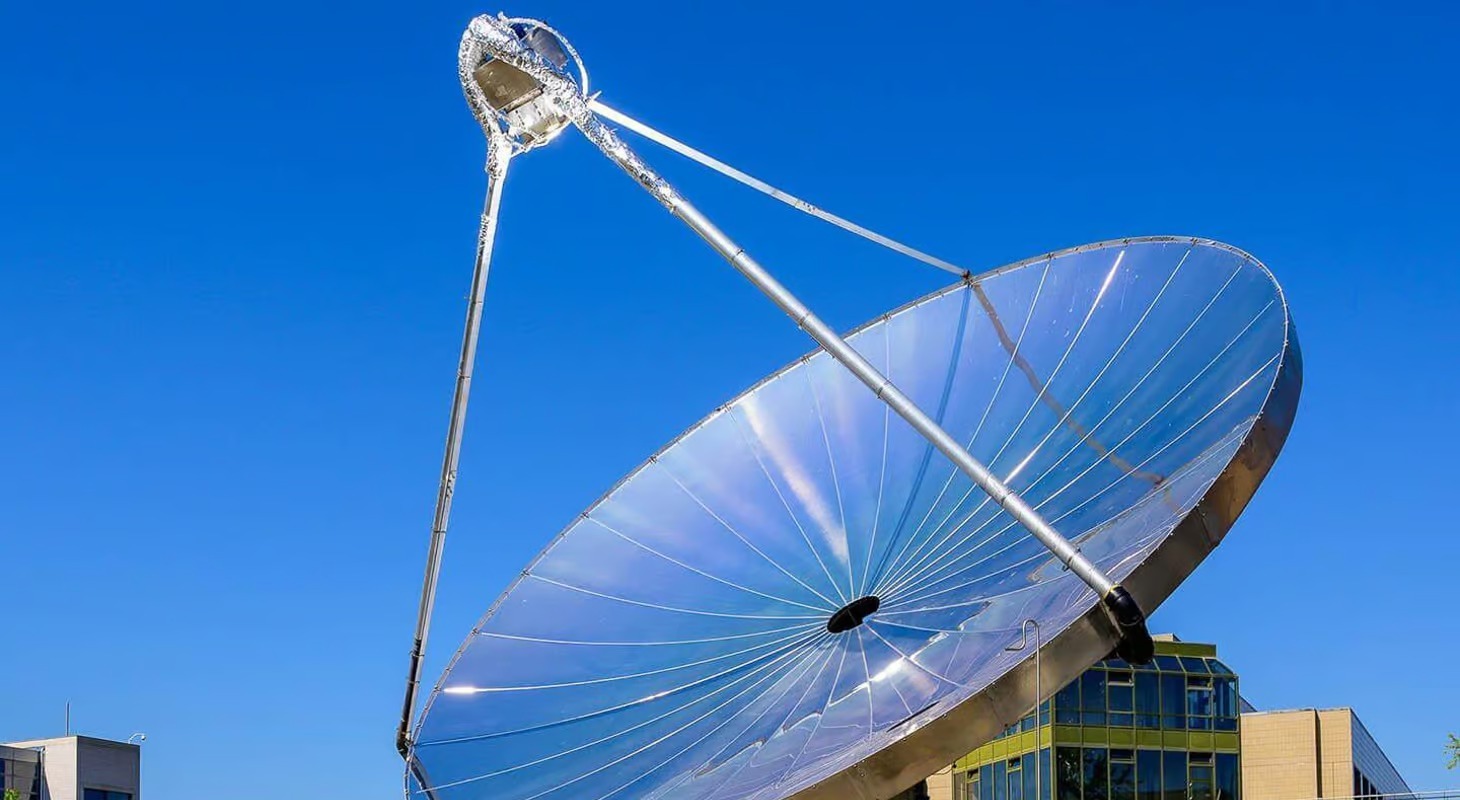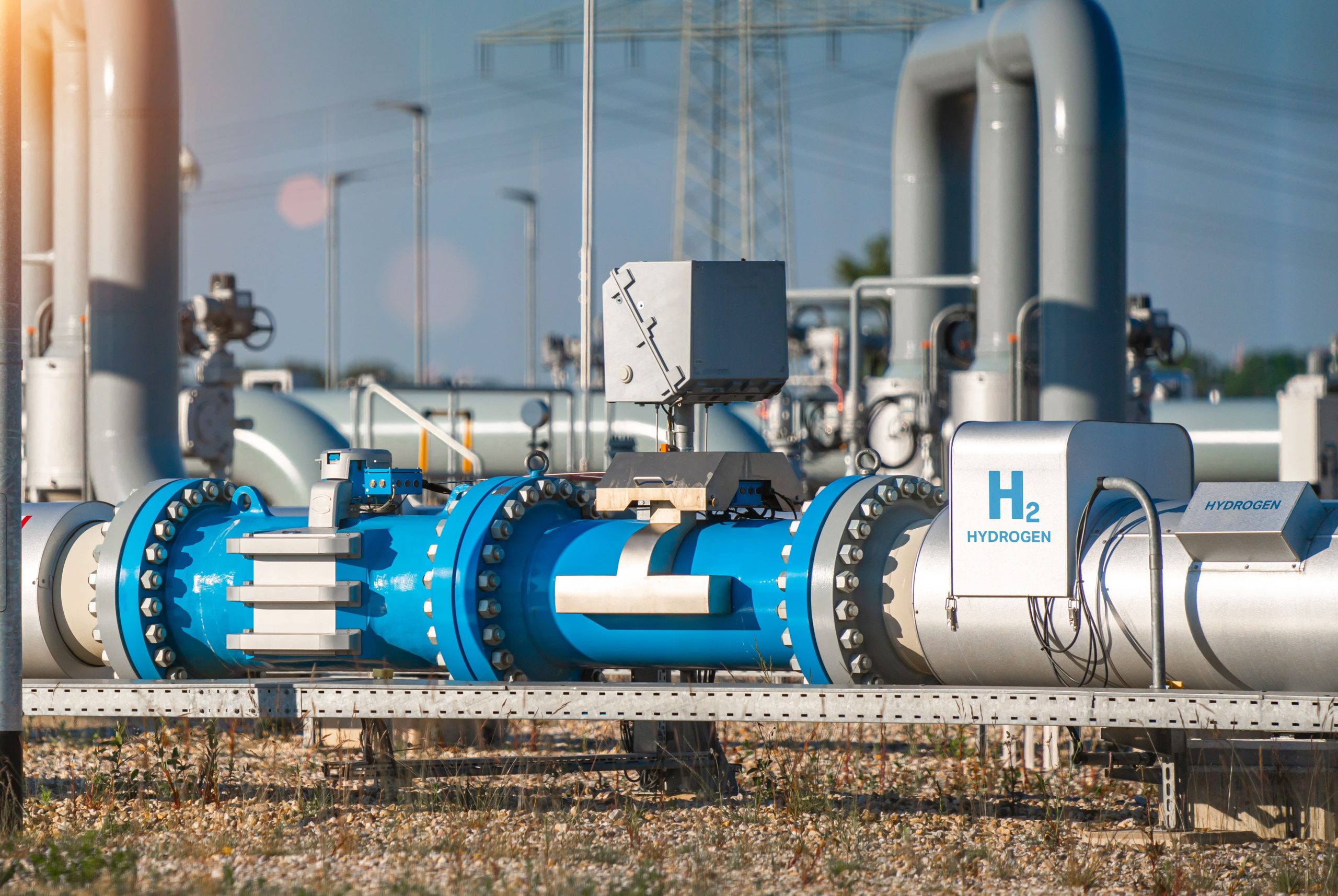EPFL Unveils Solar-to-Hydrogen Reactor

A team of scientists at EPFL University located in Switzerland has developed a solar reactor at a pilot scale that can produce hydrogen with remarkable efficiency relative to its size.
On the EPFL campus, there is a parabolic dish that can focus solar radiation by approximately 1,000 times. Positioned above the dish, a reactor employs the energy from sunlight to convert water into renewable and valuable products such as hydrogen, oxygen, and heat.
Sophia Haussener, Head of the Laboratory of Renewable Energy Science and Engineering (LRESE) in the School of Engineering, said, “This is the first system-level demonstration of solar hydrogen generation.
“With an output power of over 2kW, we’ve cracked the 1kW ceiling for our pilot reactor while maintaining record-high efficiency for this large scale. The hydrogen production rate achieved in this work represents a really encouraging step towards the commercial realisation of this technology.”
After the sun’s rays are concentrated by the dish, water is conveyed to a photoelectrochemical reactor that is incorporated into the system. This reactor employs solar energy to electrolyse or divide water molecules into hydrogen and oxygen.
EPFL asserts that the setup is well-suited for applications in residential, commercial, and industrial settings and could be employed to provide central heating and to energise hydrogen fuel cells. The campus-based system has the potential to fuel approximately 1.5 hydrogen fuel cell vehicles travelling an average distance.

